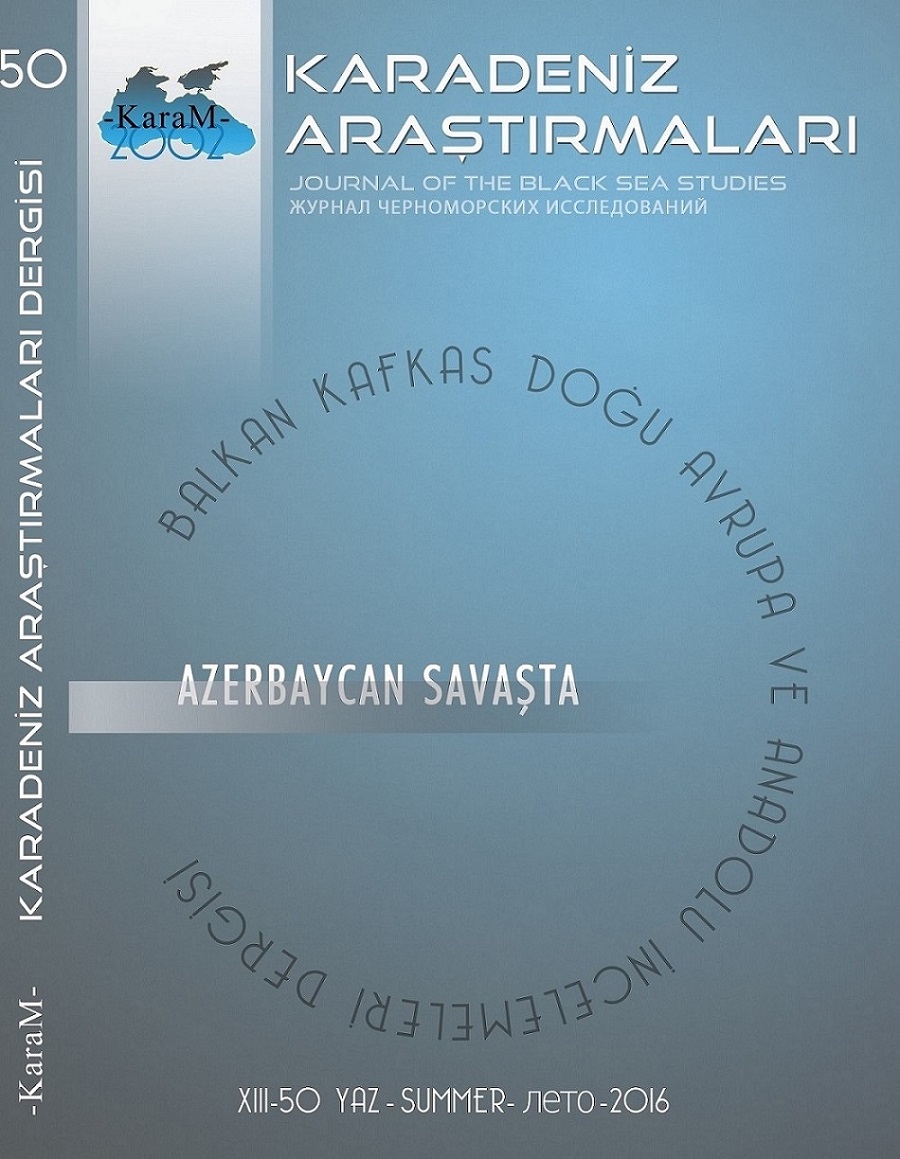Şecere-i Terakime'de Ölüm Örtmecesi
Euphemism of Death in Şecere-i Terakime
Author(s): Kuban SeçkinSubject(s): Language studies, Language and Literature Studies, Sociolinguistics, Culture and social structure
Published by: Karadeniz Araştırmaları Merkezi
Keywords: Şecere-i Terakime; Social Structure; Tabu; Death; Euphemism;
Summary/Abstract: Many vocabulary that we use today reflect old Turkish culture. People, sometimes, fear that their utterances might disturb others and therefore, they prefer to soften some of their expressions hiding some of the words. Words that are normally perceived negatively are replaced and expressed in a new and different manner, which is called “euphemism”. Expression related to the fundamental topics of humanity like birth, death or sexuality are full of symbolic meanings. Especially, "death" is seen to be much more emotional than other facts of the life and is expressed more carefully. Euphemisms about death are used to lessen the impact of this word on people's perception and to make it more ordinary and acceptable. It is evident that it is a significant representative of old Turkish history and culture taking into consideration that Şecere-i Terakime was written making use of myths in turkmen groups, stemmas of hodjas and masters, Oghuznama in Reşideddin’s Camiü’t-tevarih. In this study, euphemisms about death in Şecere-i Terakime were identified, interpreted in terms of semantics and compared with the euphemisms used in the modern day.
Journal: Karadeniz Araştırmaları
- Issue Year: 2016
- Issue No: 50
- Page Range: 231-240
- Page Count: 10
- Language: Turkish

